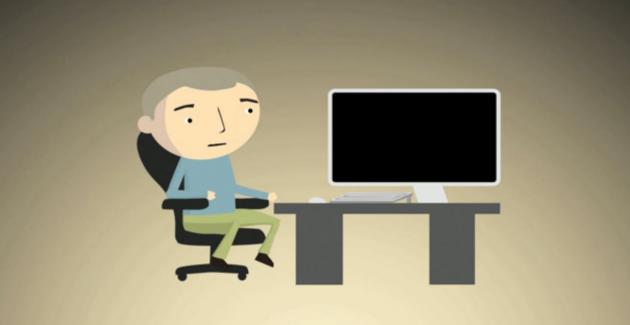The Future of The Internet Will Not Depend on Servers [VIDEO]
2013.11.01

Could the future of the Internet rely on something else other than servers? The folks over at Cambridge University have figured something out. In their project dubbed Pursuit, they aim to make the Internet faster, safer and more social by implementing a completely new architecture.
The system will do away with the need for computers to connect to servers, instead it will involve individual computers being able to copy and re-publish content on receipt. The concept kind of sounds like a peer-to-peer sharing system, except the only difference is that it would be rolled out on a huge, unprecedented scale.
According to Dirk Trossen, one of the researchers from the University of Cambridge Computer Lab, explains why that's a good thing:
"Our system focuses on the way in which society itself uses the internet to get hold of that content. It puts information first. One colleague asked me how, using this architecture, you would get to the server. The answer is: you don't. The only reason we care about web addresses and servers now is because the people who designed the network tell us that we need to. What we are really after is content and information."
The researchers explain that online searches would stop looking for URLs and start looking for URIs instead (Uniform Resource Identifiers). URIs specify where the data is and where to go to find the data instead of being the single point of call. "Under our system, if someone near you had already watched [a] video or show, then in the course of getting it their computer or platform would republish the content. That would enable you to get the content from their network, as well as from the original server... Widely used content that millions of people want would end up being widely diffused across the network. Everyone who has republished the content could give you some, or all of it. So essentially we are taking dedicated servers out of the equation."
[Pursuit via PhysOrg]More Articles
Copyright © Fooyoh.com All rights reserved.